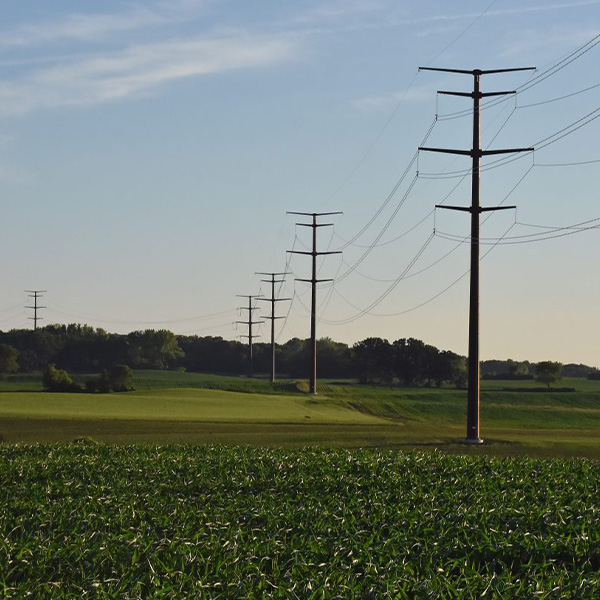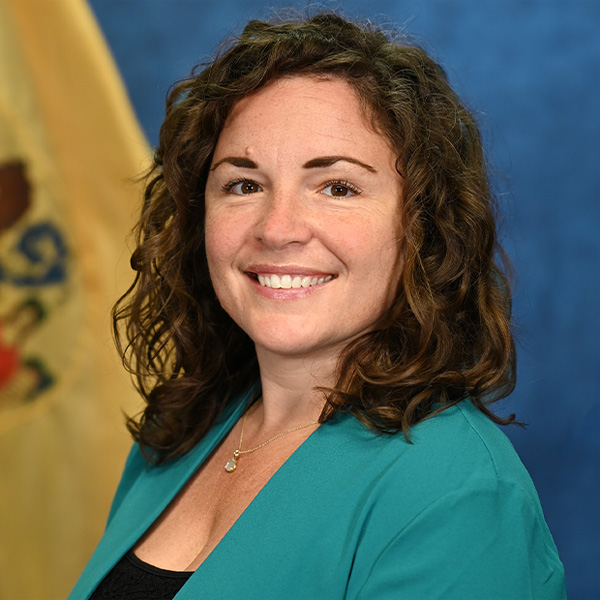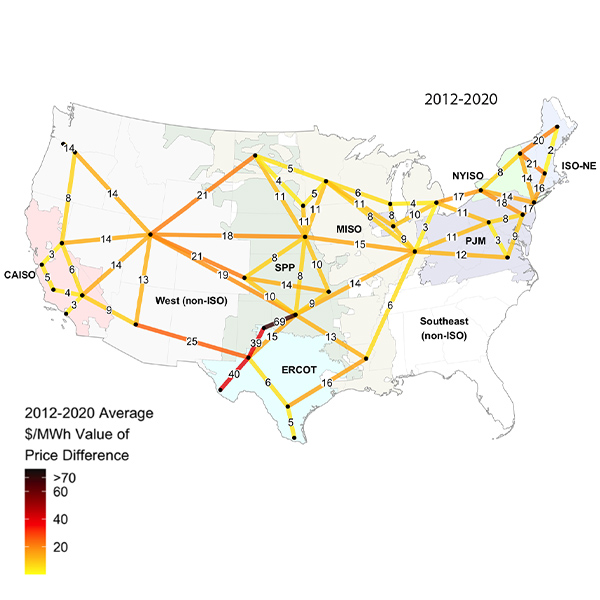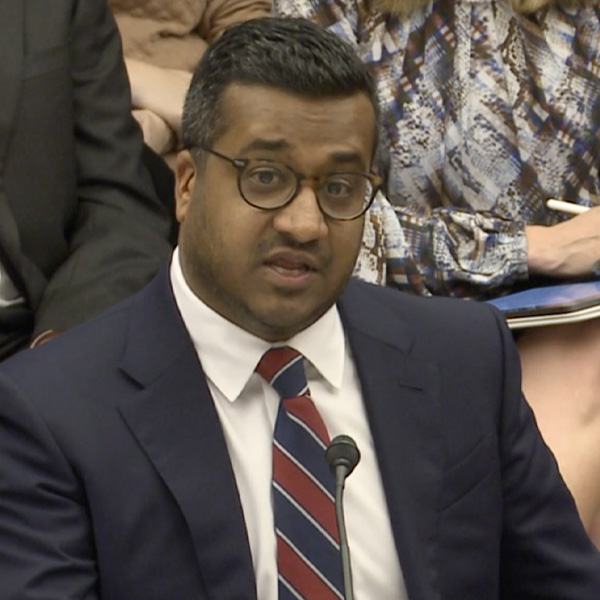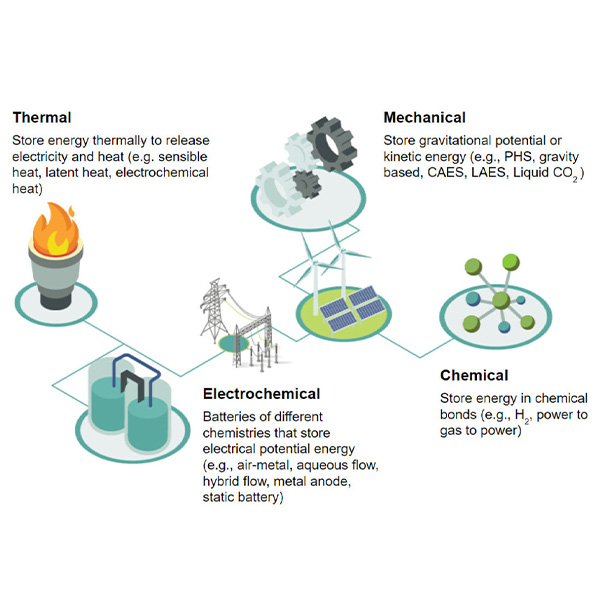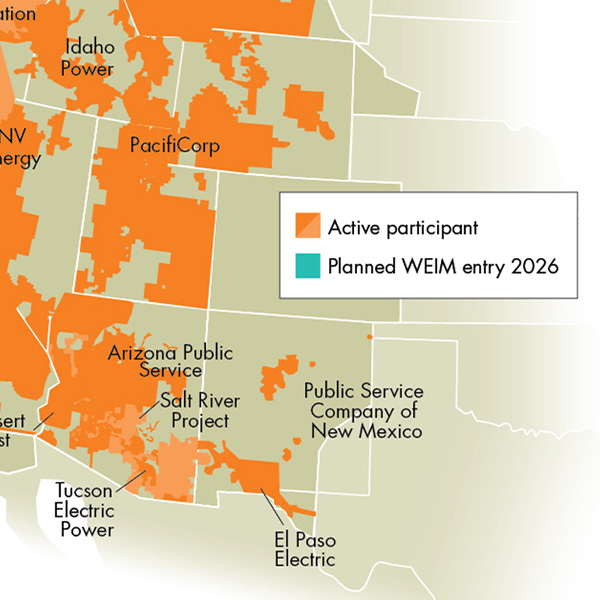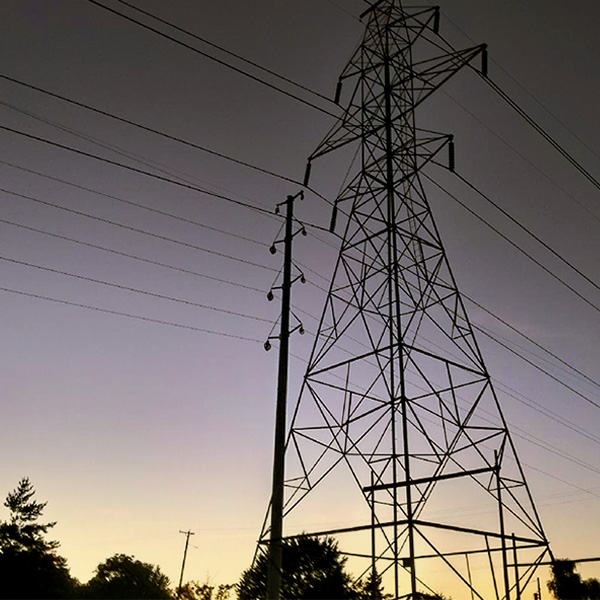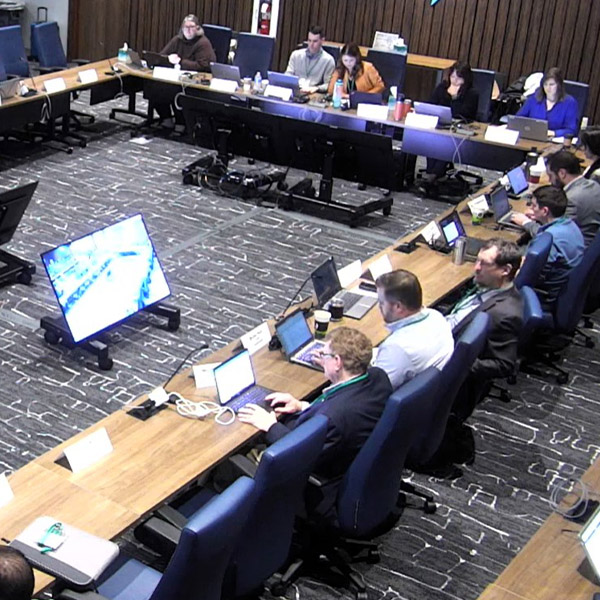Public Policy
Environmental RegulationsReliabilityState & RegionalAlabamaAlaskaArizonaArkansasCaliforniaColoradoConnecticutDelawareDistrict of ColumbiaFloridaGeorgiaHawaiiIdahoIllinoisIndianaIowaKansasKentuckyLouisianaMaineManitobaMarylandMassachusettsMichiganMinnesotaMississippiMissouriMontanaNebraskaNevadaNew HampshireNew JerseyNew MexicoNew YorkNorth CarolinaNorth DakotaOhioOklahomaOregonPennsylvaniaRhode IslandRTO-IndianaSouth CarolinaSouth DakotaTennesseeTexasUtahVermontVirginiaWashingtonWest VirginiaWisconsinWyoming
MISO wades into the battle over who will build the Iowa portions of its long-range transmission projects after a court found the state’s right of first refusal law unconstitutional.
Legislators in five states in PJM have filed similar bills that would require regulated utilities to submit all of their stakeholder votes publicly with state regulators.
The New Jersey Board of Public Utilities has initiated a second state agreement approach with PJM to plan the transmission necessary to meet Gov. Phil Murphy's goal of installing 11 GW of offshore wind by 2040.
The Department of Energy opened the second solicitation in its program to prime the pump for new transmission needed to meet the Biden administration’s climate goals.
Republicans teed off on President Biden’s pause on processing new applications for liquified natural gas exports at a congressional hearing.
Ohio and Pennsylvania lawmakers met in Columbus for a hearing on the future reliability of the PJM grid, quizzing RTO and industry insiders on the role states can have in maintaining resource adequacy.
A recent study found that deploying 37 GW of long-duration energy storage could help bring California to zero emissions by 2045.
Despite the recent release of results from a study on the two competing day-ahead markets in the West, two New Mexico utilities said they need to conduct more analysis before they make a choice.
With FERC potentially issuing a final rule on transmission planning this year, the issue of whether it should curtail competition is the subject of dueling reports filed in the Notice of Proposed Rulemaking’s docket.
ERCOT stakeholders are moving closer to taking action on a tabled rule change that would address the reliability concerns with inverter-based resources.
Want more? Advanced Search
